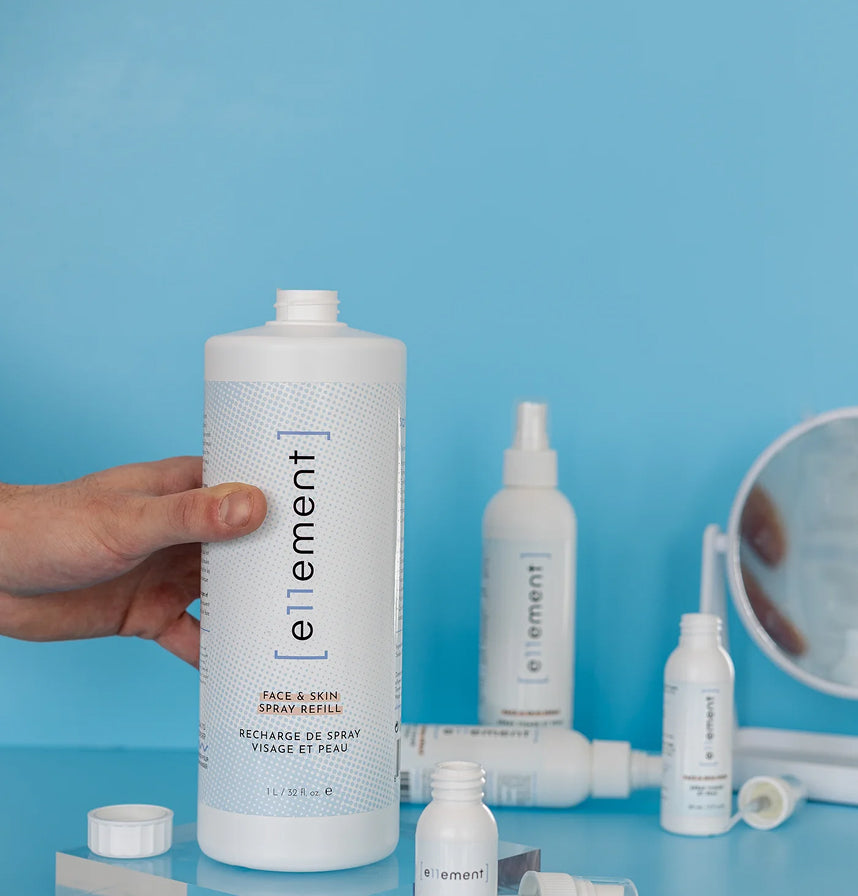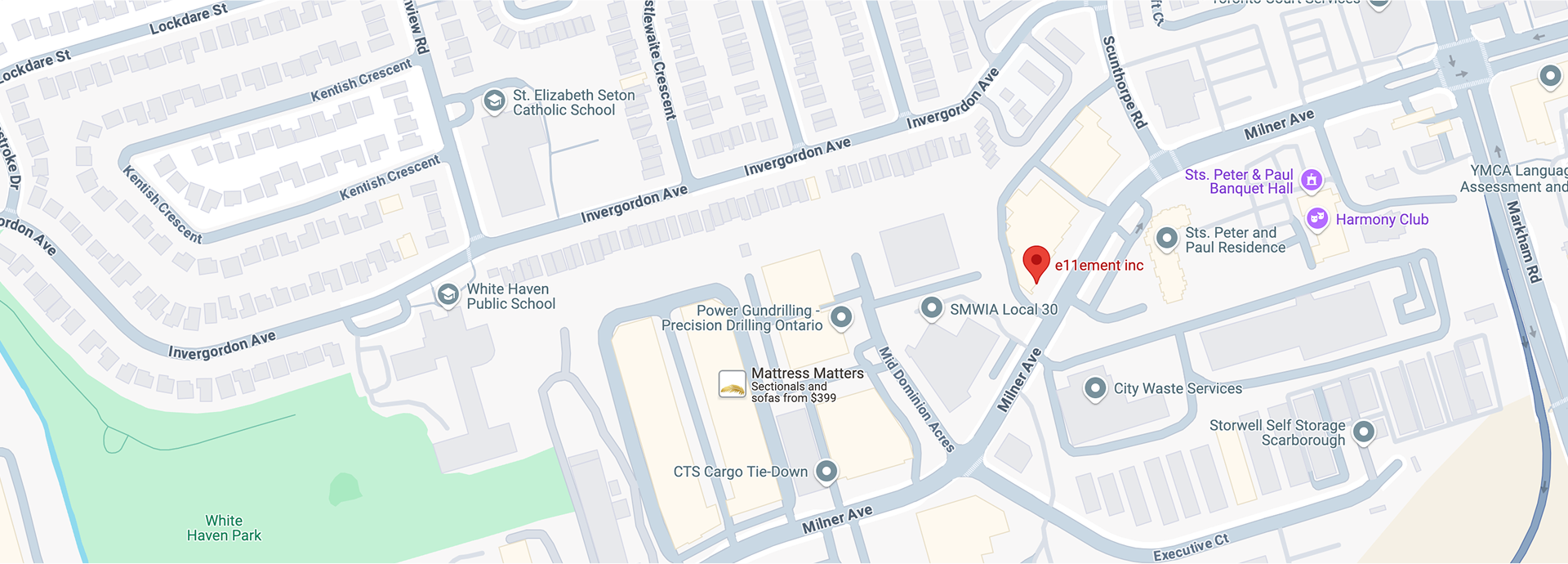Skincare has always been a field where science and wellness meet. Among the newer ingredients entering the skincare spotlight is hypochlorous acid a compound naturally produced by the body. While it may sound clinical, this ingredient has a practical function when it comes to maintaining healthy skin.
This article explores how hypochlorous acid works, its relevance to skincare, and how it is being introduced in topical treatments for skin support.
What is Hypochlorous Acid?
Hypochlorous acid (HOCl) is a substance the body produces in small amounts as part of its immune response. It is made by white blood cells and plays a central role in fighting bacteria, viruses, and inflammation. In simpler terms, it's part of the body’s internal defense system.
In skincare, it is used in a diluted form for topical applications. It serves to cleanse the skin, reduce inflammation, and assist in managing minor skin concerns.

The Science Behind Hypochlorous Acid
Natural Occurrence in the Body
Hypochlorous acid is produced by neutrophils—a type of white blood cell—during what is known as the oxidative burst. This process helps eliminate harmful pathogens. When used externally, HOCl mirrors the body’s natural response to skin damage and infection.
Stability and Formulation
Because HOCl is unstable in its pure form, it must be stabilized for commercial use. Advances in dermatological science have made it possible to bottle and preserve this compound in formulations safe for everyday skin application. These formulations typically have a pH close to that of natural skin, ensuring compatibility and reducing the chance of irritation.
How Hypochlorous Acid Supports Skin Health
Hypochlorous acid contributes to skin health through its cleansing, anti-inflammatory, and antimicrobial properties. Here are the primary ways it benefits the skin:
Gentle Antimicrobial Action
HOCl effectively eliminates bacteria without damaging healthy skin cells. This makes it useful for individuals prone to acne, especially inflammatory acne caused by bacteria accumulation in pores.
Calms Irritated Skin
HOCl has a mild anti-inflammatory effect. It is often used to calm redness, reduce swelling, and support the healing process for conditions like eczema, rosacea, and minor burns. Unlike stronger antiseptics, it is well-tolerated by sensitive skin types.
Wound Healing Support
Because it mimics the body’s healing response, hypochlorous acid has been studied for its ability to aid in wound care. It promotes the regeneration of tissue and reduces the risk of infection in minor cuts, scrapes, and abrasions.
Common Uses of Hypochlorous Acid in Skincare
The practical applications of HOCl in skincare continue to grow. Here’s how it’s being used across different products and treatments:
Facial Mists and Sprays
Many products on the market now offer HOCl in spray form. These are easy to apply and designed for direct use on the face and body. They are typically used post-cleansing or after makeup removal to refresh the skin and reduce surface bacteria.
Post-Treatment Recovery
HOCl is often applied after dermatological procedures, such as microneedling, chemical peels, or laser treatments. It helps reduce inflammation, supports skin barrier repair, and lowers the risk of infection during recovery.
Acne Management
For people dealing with acne, HOCl can be part of a routine targeting breakouts without the harsh side effects of benzoyl peroxide or salicylic acid. It keeps the skin clean while being less likely to cause dryness or irritation.
Daily Skin Maintenance
Some people use hypochlorous acid as part of their regular skincare routine—particularly those with sensitive skin or conditions that flare due to bacteria buildup or inflammation.
How to Use Hypochlorous Acid Safely
Choosing the Right Product
Look for products that clearly list hypochlorous acid in the ingredient label and provide concentration information. A formulation with a concentration between 0.01% and 0.02% is common for cosmetic use.
Avoid products that include unnecessary fragrance or harsh additives, especially if you have sensitive or reactive skin.
Application Method
HOCl sprays can be used 1–3 times per day depending on your skin's needs. Apply it on clean skin, allow it to air dry, and then follow with moisturizer or sunscreen.
There’s no need to rinse it off, and it typically doesn't interfere with other skincare products.
Storage and Shelf Life
Because stability is a concern, HOCl products often have shorter shelf lives than other cosmetic items. Store them in a cool, dark place and pay attention to the manufacturer’s expiration guidance.
Who Should Consider Using Hypochlorous Acid?
Sensitive Skin Types
HOCl is a good choice for individuals with sensitive or reactive skin. Its low irritation potential makes it suitable for those who cannot tolerate stronger ingredients.
Those Managing Skin Conditions
If you are dealing with acne, eczema, or rosacea, HOCl may provide additional support. It does not replace prescription medications but can complement existing treatments.
Post-Procedure Skin Recovery
Following non-invasive cosmetic treatments, hypochlorous acid can be used to calm the skin and lower infection risks. It is often recommended by dermatologists and aesthetic professionals during the healing period.
What Makes Hypochlorous Acid Different?
Unlike some common skincare ingredients that address only one concern, hypochlorous acid offers multiple functions. It is not an exfoliant, a retinoid, or a traditional hydrator—it is best thought of as a skin support tool. It works behind the scenes to reduce harmful microbes and inflammation while giving the skin room to recover naturally.
Its similarity to substances already produced by the body sets it apart. This compatibility means it is less likely to disrupt the skin’s natural balance or lead to long-term sensitivity with repeated use.
Are There Any Side Effects?
Hypochlorous acid is generally well tolerated. Most people do not experience adverse reactions. However, as with any topical product, there is always a possibility of a mild allergic reaction. Patch testing a small area of skin is advisable when trying any new product.
In rare cases, skin dryness or tightness may occur. This is usually due to the overall formulation rather than the HOCl itself. Selecting well-formulated products can minimize this risk.
Conclusion
The debut of the skincare star: hypochlorous acid marks a new chapter in topical care rooted in science and simplicity. As a naturally occurring compound in the human immune system, HOCl provides reliable support for cleansing, calming, and protecting the skin.
It’s not a trend-driven ingredient. Instead, it offers functional benefits that fit into nearly any skincare routine—especially for people looking for gentle yet effective solutions to common skin concerns. Whether used for recovery, acne control, or daily maintenance, hypochlorous acid is gaining a place as a reliable part of modern skincare.























